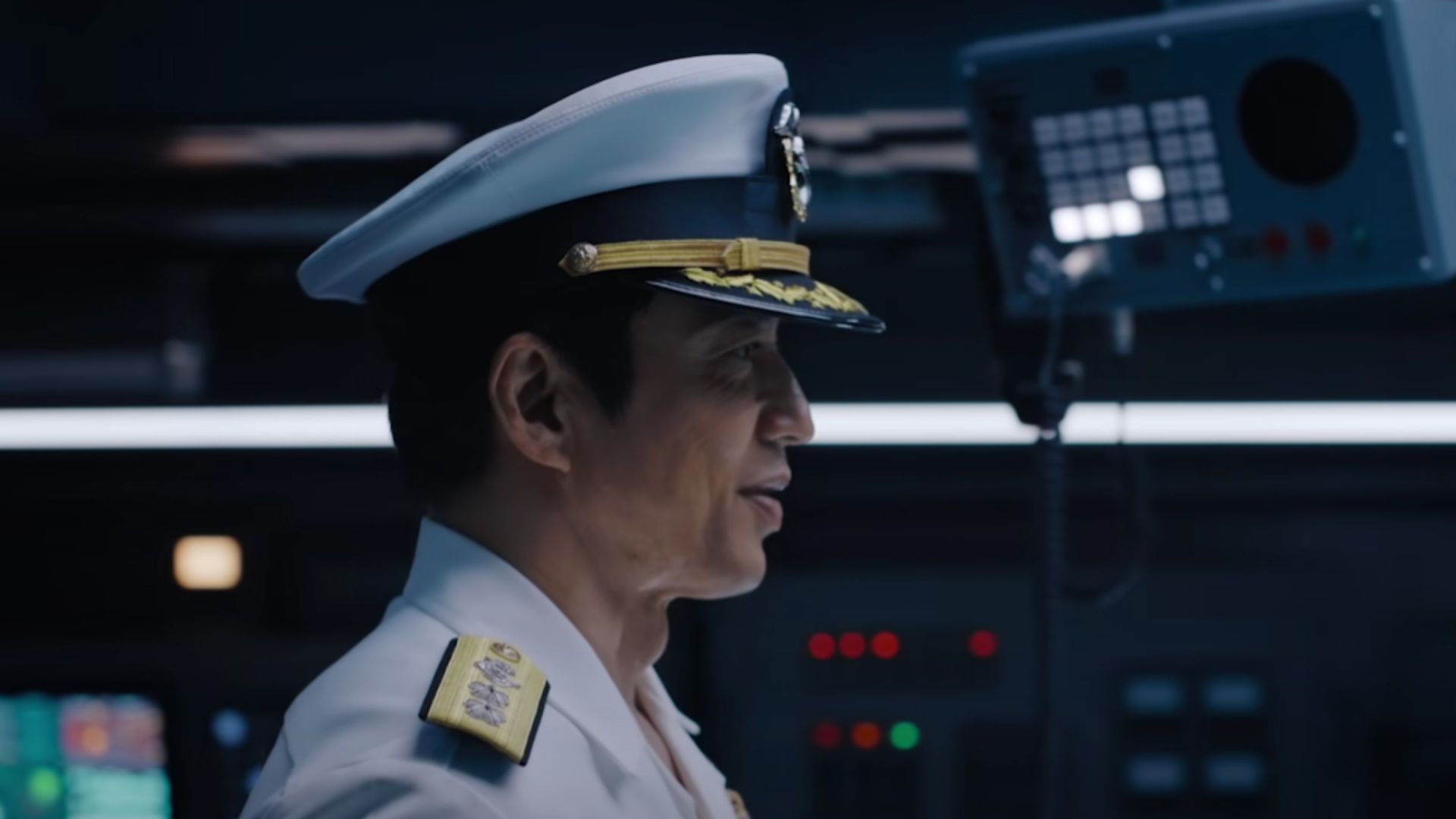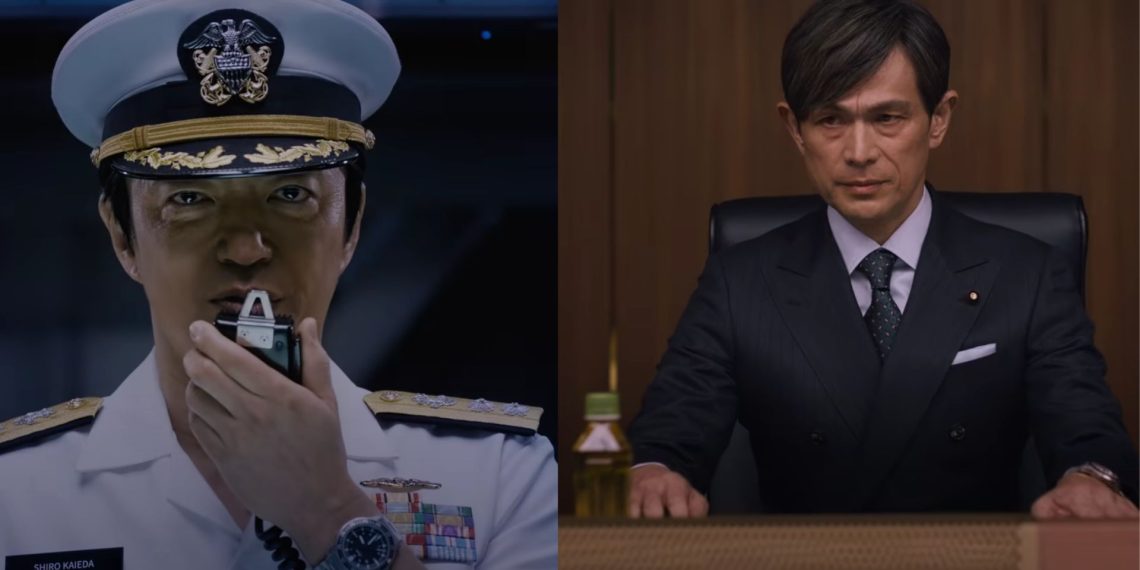Amazon Prime Video’s official Japanese YouTube channel released a new trailer on Friday for “Chinmoku no Kantai Season 1: Tokyowan Daikaisen” (Silent Service Season 1: The Battle of Tokyo Bay). This live-action series serves as a sequel to the live-action film adaptation of Kaiji Kawaguchi’s manga “The Silent Service.” The trailer showcases new scenes extending beyond the film’s storyline.
Scheduled to premiere on February 9, the series will debut with its initial six episodes, followed by the release of episodes seven and eight on February 16. Amazon has confirmed that the series will be available for streaming worldwide. The first four episodes will delve into the film’s narrative, featuring unreleased scenes not portrayed in the movie. Subsequently, episodes 5-8 will continue the story as a sequel.

The promotional image highlights Takao Osawa, known for his roles in “live-action Sky High” and “Tsukiji Uogashi Sandaime,” who portrays protagonist Shiro Kaieda. Osawa also serves as a producer for the series.
The live-action film, which premiered in Japan on September 29, saw notable success, selling 274,000 tickets and earning 370,136,800 yen (approximately US$2.46 million) in its initial three days.
Produced by Takao Osawa and Shinzō Matsuhashi, directed by Kōhei Yoshino, and scripted by Hikaru Takai, the film explores themes of nuclear war, international politics, and world peace. B’z, featuring Ado as the vocalist, contributed to the film’s theme song, “Dignity,” which will also serve as the theme for the upcoming series.

In the narrative, Shiro Kaieda assumes the role of captain for Japan’s inaugural nuclear submarine, a clandestine collaboration between Japan and the United States. However, in a storyline that delves into the themes of nuclear war, international politics, and world peace, Kaieda and his 76 crew members deviate from their assigned path.
Kaiji Kawaguchi, known for works such as “Eagle” and “Kūbo Ibuki,” serialized the manga in Kodansha’s Morning magazine from 1988 to 1996. The manga has a history of adaptations, with a television anime special produced by Sunrise in 1996, followed by a two-part series by the same studio.




